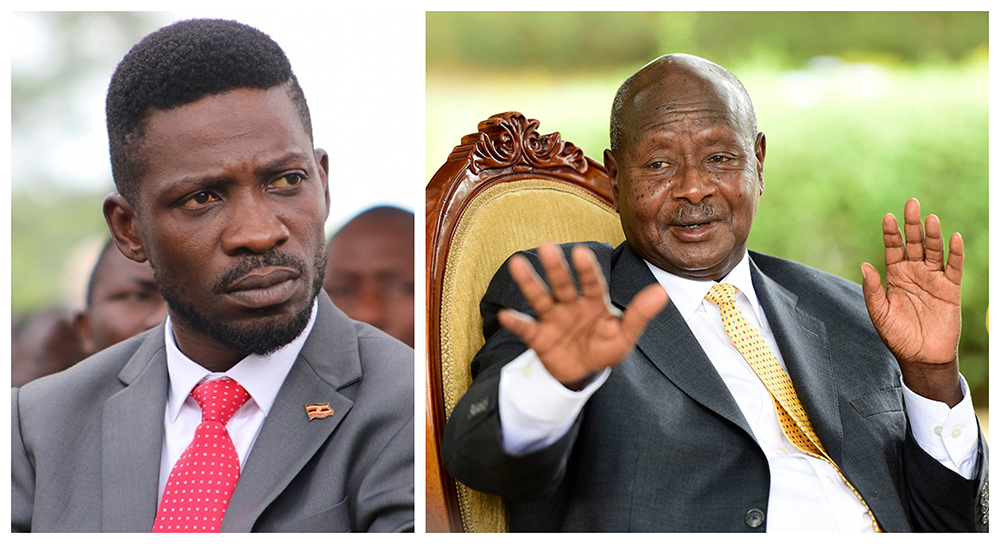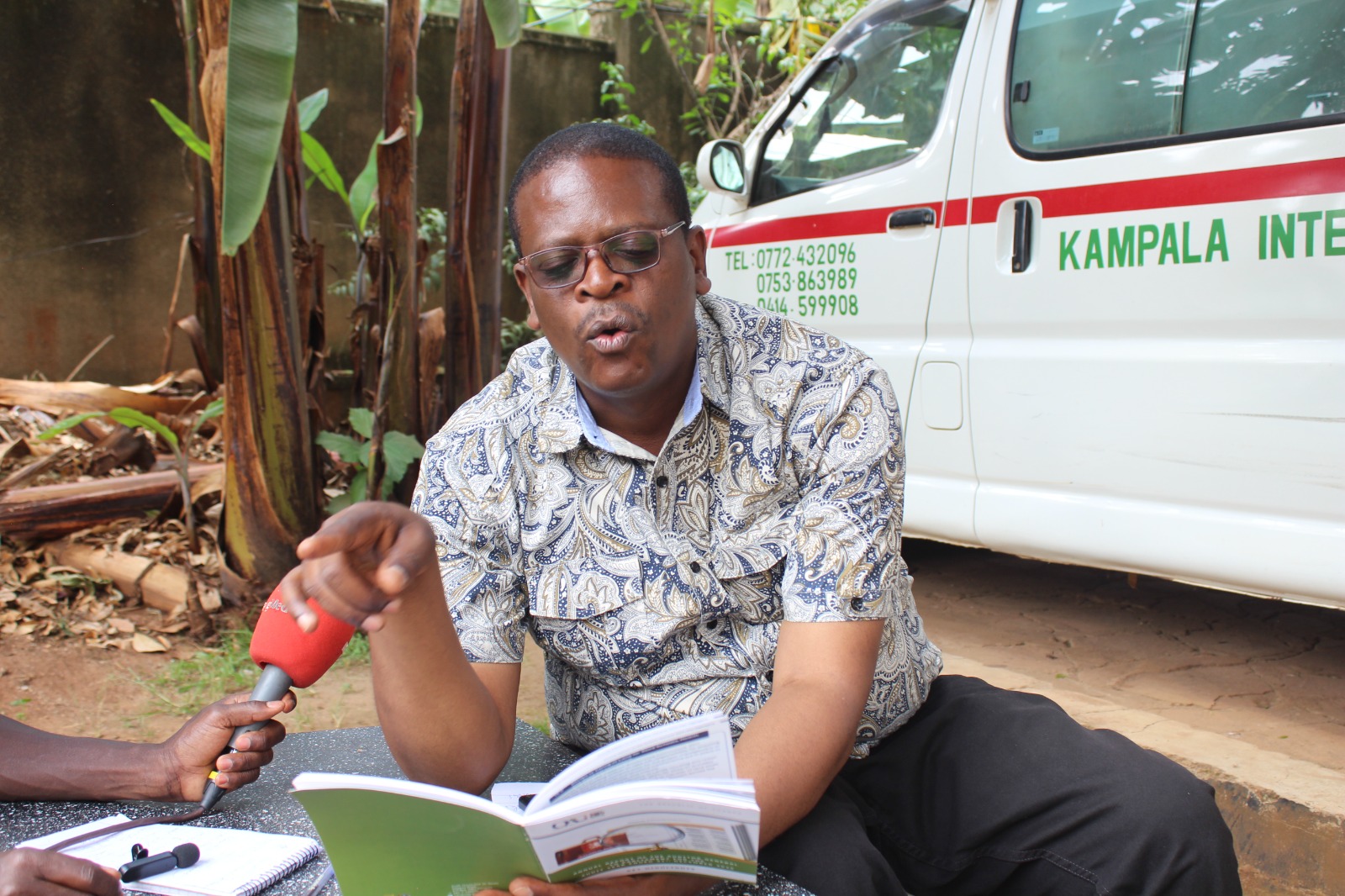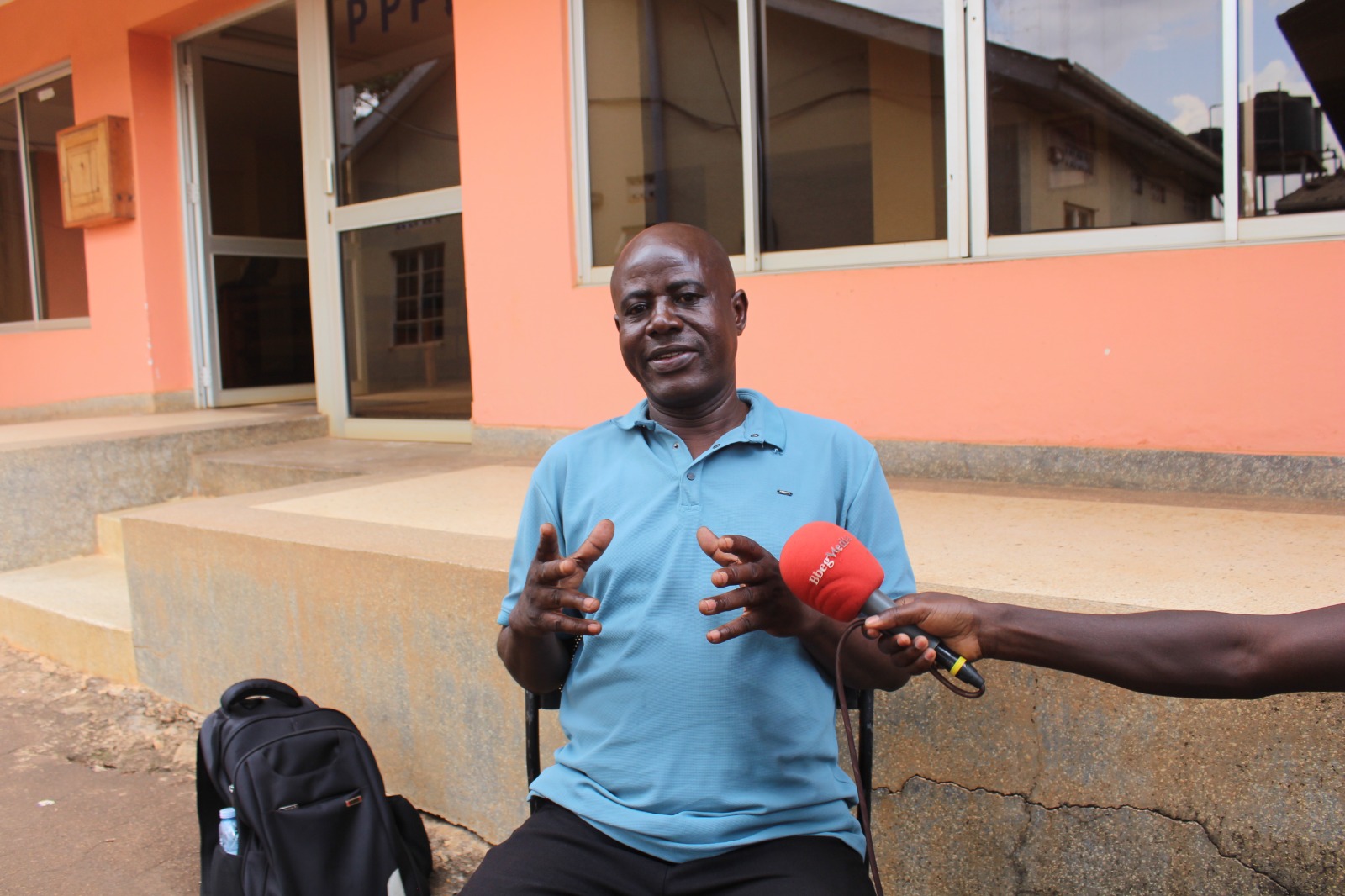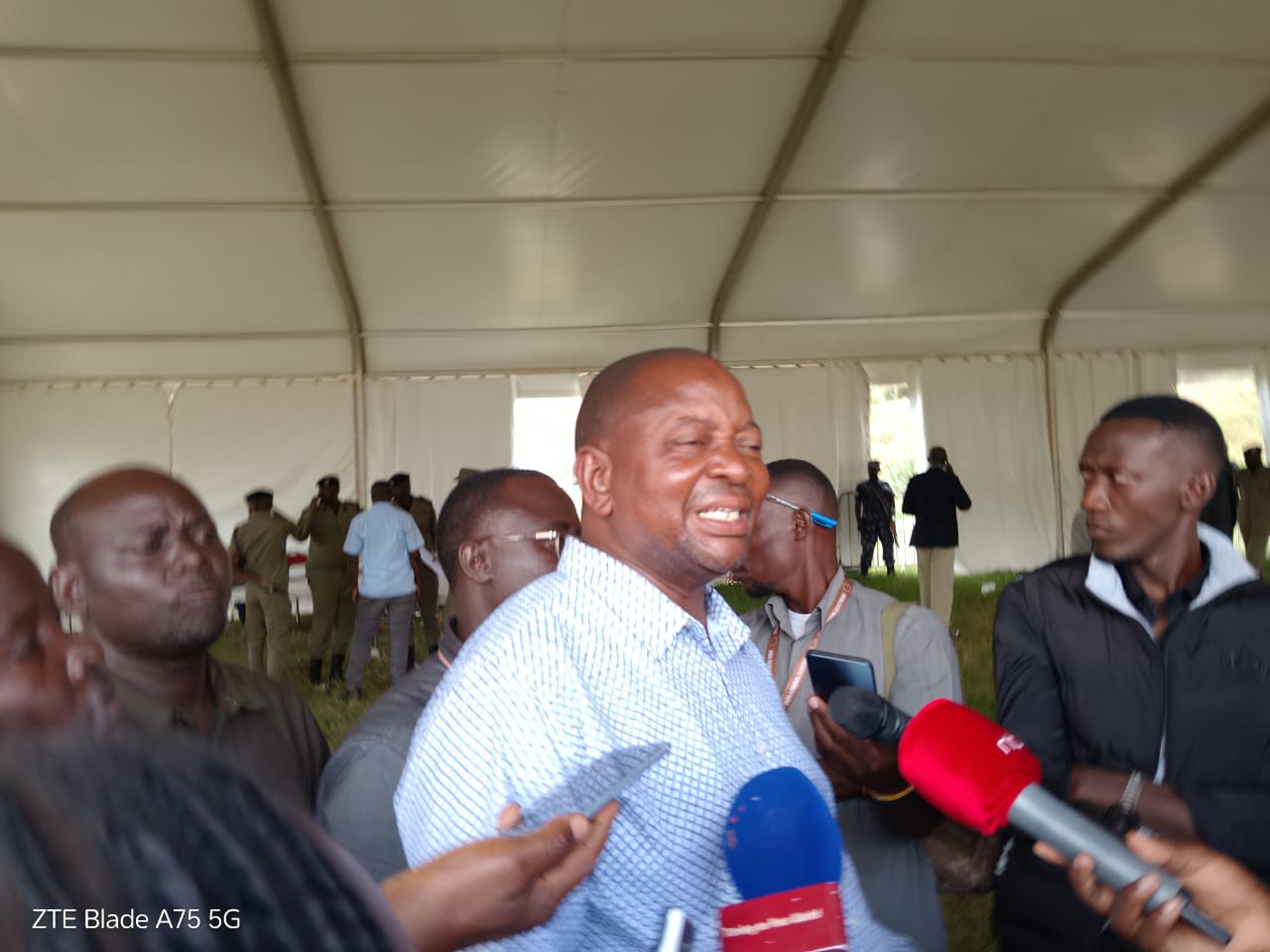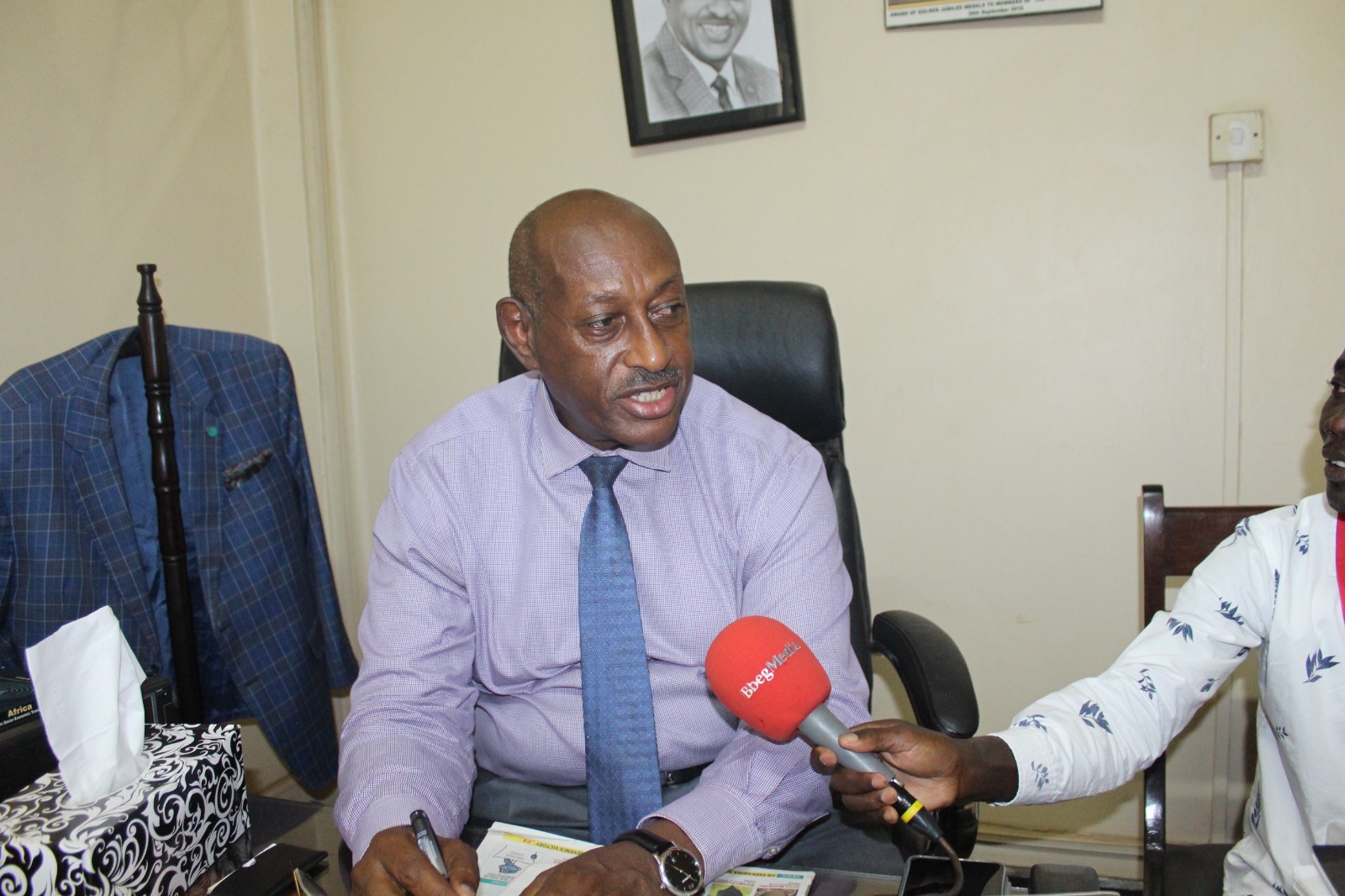The National Unity Platform (NUP) has been in the news over its decision to join the Inter-Party Organisation for Dialogue (IPOD), which it spent years attacking as a “tool” controlled by President Museveni.
In the eyes of some, the move has left NUP looking weak and without clear principles. On social media platforms, party supporters are split, with some saying the party needs money to operate while others feel let down by the sudden change.
Yet the elephant in the room is Museveni, who for the last five years has tried to tame NUP but has not found the way. Now he has, by amending the law, forced the opposition party to be part of a platform which he controls. Without being part of IPOD, NUP will not get any funding according to the new amendments to the Political Parties and Organisations Act (PPOA).
What is IPOD?
IPOD was set up in 2010 to bring political parties that have members of parliament together for talks. Until last month, Museveni chaired the summit where party leaders meet to discuss issues like elections and national unity. The baton was passed to DP’s Norbert Mao.
Under the law, the group gets public funding to run its work, and this cash is shared among member parties based on their seats in Parliament. Before recent changes, parties could get funds even if they did not fully participate in IPOD activities.
That is why when NUP became the biggest opposition group in Parliament with 57 members in 2021, it made it clear that it would not join the platform. Robert Kyagulanyi, the NUP president, said then that “We will not sit at the table with the dictator. IPOD is Museveni’s game to divide and rule us.”
He argued that joining would mean accepting Museveni’s rule without real change. NUP leaders said they wanted freedom for political prisoners and a fair handover of power before any talks.
Kyagulanyi’s acolytes, like Lewis Rubongoya, the party secretary general, piled on. “Our fight is for a new Uganda, not his [Museveni] handouts,” Rubongoya said during an interview on TV.
Over the past four years, NUP has received at least 12 billion from IPOD based on its seats.
When the law was amended this year, the party maintained its bellicose stance and even started fundraising from its supporters and well-wishers.
“We don’t need Museveni’s money,” Kyagulanyi declared at the party headquarters at Kavule.
So what did Museveni do?
Ahead of the presidential campaigns, in August, the government released Shs 11.25 billion to IPOD for parties that had signed a memorandum of understanding to abide by the new terms of IPOD. NUP did not get a penny because it had not signed the MoU.
With a tough campaign to run, the party started engaging the IPOD secretariat on how they could access this money. The answer was one: Sign an MoU with us, and we shall take care of the rest.
The party dilly-dallied, afraid of how their embracing of IPOD could be perceived by their supporters, especially the so-called “foot soldiers.”
The party decided to sue the government and the EC, arguing the new law was unfair. But before the court could give the verdict, Rubongoya, on October 7, wrote to IPOD saying the party was now ready to sign the MoU.
“We have no option but to follow the law while we wait for the court,” he said. IPOD replied on October 10, telling NUP to first send a formal letter of interest. This made it look like NUP was begging to join, a big drop from their proud refusal.
IPOD will decide if NUP can come in as we wait for the court to give its ruling.
Yet whichever way you look at it, the U-turn has hurt NUP’s image and wounded its pride. For years, they built trust among the people by standing firm against Museveni. Now, many supporters feel tricked. Without this funding, NUP will struggle to compete.
The real winner here is Museveni. He has ruled Uganda since 1986, building a system where he controls key resources. By changing the PPOA, he made sure opposition parties must join IPOD or starve financially. IPOD summits happen under his watch, so NUP joining means Kyagulanyi will have to sit with him.
Museveni has already blocked bank accounts of some local organisations linked to the opposition. This has forced NUP to rely on small donations from Ugandans, which are not enough. Now they are in his grip.



